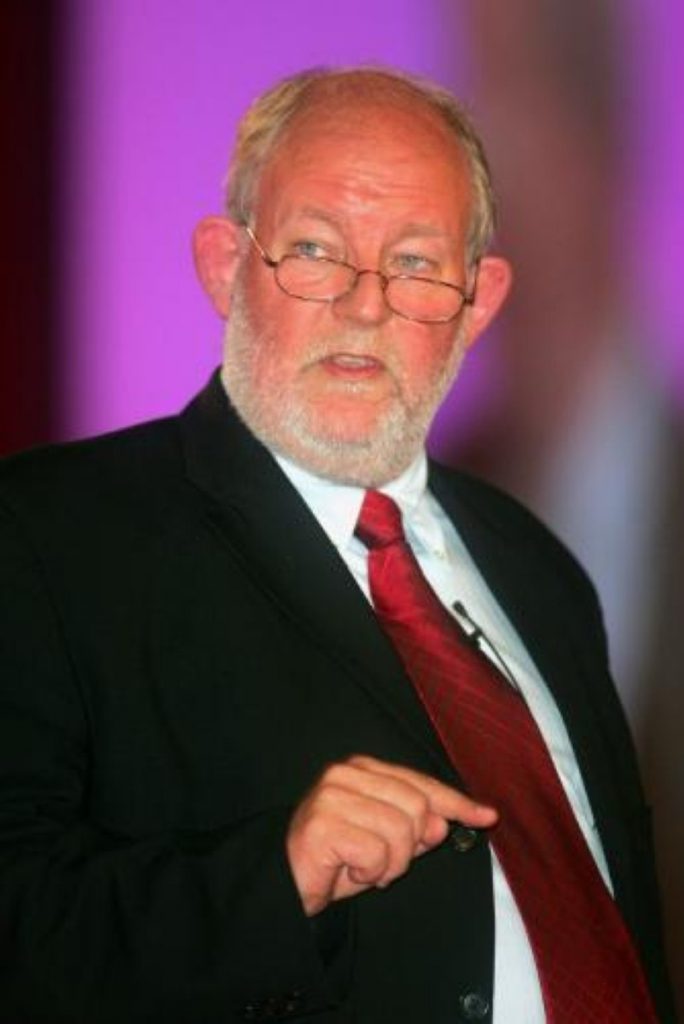Clarke urges united Europe on terror
EU member states will only be able to protect themselves from the threat of terrorism and organised crime by working together, the home secretary said today.
Charles Clarke told the European parliament in Strasbourg that sharing information such as mobile phone records, biometric data and records of wanted criminals was vital to the union’s security.
“It is only through the effective and intelligent use of information that in our modern world we can contest the criminality which attacks us,” he told MEPs, who will today have the first chance to debate the issues arising from the London terror attacks of July 7th.
Mr Clarke was speaking ahead of an informal two-day meeting of EU justice and interior ministers in Newcastle, where he will be pushing in particular for member states to introduce laws forcing telecommunications companies to retain mobile phone data for at least a year.


He rejected claims that this would cost too much, saying it was an “acceptable cost to bear” to be able to trace criminals and terrorists’ communications. Without such information, security services would be “fighting them with both hands tied behind our backs”.
Civil liberties group Justice warned, however, that common standards on biometric data and intelligence must be accompanied by appropriate safeguards.
“Common standards should only be established with common safeguards. Unfortunately, the trend at the EU level has been to share data without protecting it,” said spokesman Eric Metcalfe.
At the summit, which officials from the 25 member states and Romania, Turkey, Croatia and Bulgaria will attend, the home secretary will also be urging ministers to look at ways around the current obstacles in the way of deporting foreign terror suspects.
Article three of the European Convention on Human Rights (ECHR) prohibits governments from deporting people to countries where they may face torture.
The British government is currently securing memoranda of understanding with countries such as Jordan to ensure anyone sent back there is not treated badly, but Tony Blair has said he would be prepared to amend the ECHR in British law if these assurances were not enough.
Today, Mr Clarke said the convention had been created in a “quite different international climate”, saying that while it was important to balance the rights of individuals against the collective right of security against terrorists, this balance was “now not right”.
“An important human right is the right to be protected from torture and ill-treatment. So too is the right to be protected from the death and destruction caused by indiscriminate terrorism, sometimes caused, instigated or fomented by nationals from countries outside the EU,” he told MEPs.
Other issues Mr Clarke will discuss at the summit include human trafficking across the EU, widening the Shengen Information System on wanted criminals to all 25 member states, and bringing in the use of biometric data on passports and identity cards across the union.

